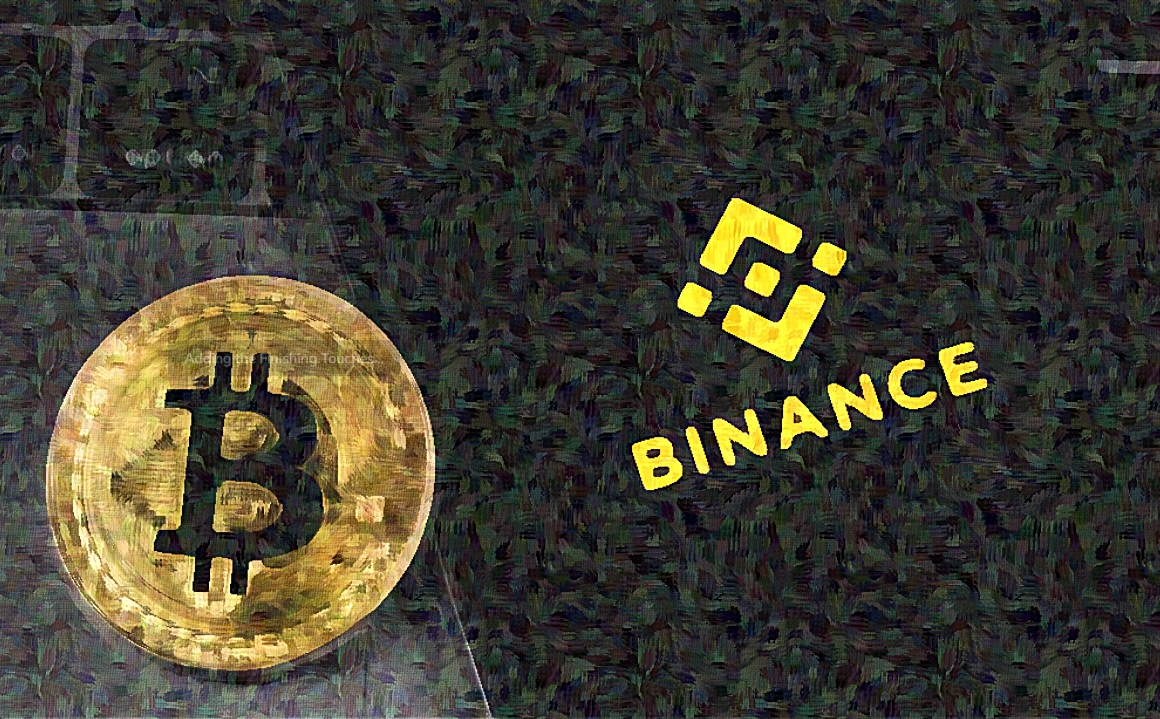
Binance, the largest player in the cryptocurrency exchange world, is currently embroiled in a significant legal conflict with a principal regulator from Wall Street. This clash might set a precedent for the future of the crypto sector. The U.S. Securities and Exchange Commission (SEC) has charged Binance, led by Changpeng Zhao, who once worked in a burger joint and is now a billionaire, with various offenses. The core allegations are related to deceiving investors and operating an illegal exchange. Changpeng Zhao, or “CZ”, the company’s leader, is said to have devised a complex strategy to bypass U.S. securities regulations.
These accusations against Binance are part of a larger campaign by the SEC to regulate the rapidly evolving crypto space, especially after the collapse of FTX. Recently, the SEC has also targeted other major players like Coinbase. Gary Gensler, the head of the SEC, has voiced concerns about the lack of protective measures for investors in the crypto world, likening it to the “Wild West”. The SEC, under Gensler’s leadership, asserts that most digital currencies should be treated like stocks, a view that challenges the foundational ethos of cryptocurrencies.
Binance, with its 140 million global users, is more than just a crypto exchange. Yesha Yadav, a digital asset specialist, emphasizes Binance’s pivotal role in the crypto ecosystem. The platform not only allows trading but also has research, lending, and other financial features, making it a comprehensive financial hub in the crypto world. The SEC believes some of Binance’s business practices aren’t transparent and that the company has its own digital coin, the Binance Coin.
The current standoff between the SEC and Binance was foreseeable for many experts. Gensler’s aim has been to bring the crypto sector into regulatory light. With significant expertise in the field, he believes that old securities laws can govern this nascent industry. Under Gensler’s direction, the SEC has pursued multiple legal actions against crypto organizations. These companies, in turn, are determined to resist such regulatory oversight.
From humble backgrounds to Crypto Billionaire
Changpeng Zhao, Binance’s founder, has become an iconic figure in the crypto community. Although he started humbly, he now stands as a prominent business leader with Binance, a company he established in 2017 in China. The SEC views Binance’s operations as complex and elusive, mostly controlled by CZ. However, CZ challenges these perceptions, often confronting critics on platforms like the one previously named Twitter. While he’s seen as an inspirational figure in the crypto world, the SEC regards him with skepticism.
CZ’s journey from flipping burgers to creating Binance is emblematic of the allure of the crypto world. He fully embraced cryptocurrencies after learning about them in 2013, even selling all his assets to invest. This bold move, though initially disastrous, paid off as he identified a market gap and introduced Binance. Despite its rapid success, Binance has faced various controversies, from alleged facilitation of illicit transactions to rumored affiliations with China.
Currently, the SEC’s lawsuit poses the most significant threat to Binance. The company is facing challenges on multiple fronts, from decreasing market share in the U.S. to scrutiny from various countries and a reported investigation by the Department of Justice. While Binance intends to challenge the SEC’s accusations, CZ has expressed that he isn’t entirely against regulation. The core of the debate now revolves around the kind and extent of regulatory measures appropriate for the crypto domain, and this lawsuit may well decide the course.
Investors’ safety and Innovation are not mutually exclusive
The crypto industry has come a long way, showing remarkable resilience, adaptability, and growth over the years. Its transformative potential is being recognized globally, as evidenced by Binance’s vast user base and prominent role in the sector. The ongoing lawsuit between Binance and the SEC is not just a solitary skirmish, but rather a pivotal moment that will guide the future course of the entire crypto domain.
Binance’s stand in this legal battle is symbolic of the crypto community’s desire for freedom, innovation, and decentralization. There’s a palpable sense of optimism in the air as stakeholders across the industry believe that, even amidst regulatory challenges, the inherent strengths and benefits of blockchain technology will shine through.
With the blending of traditional and crypto financial systems, there’s an unprecedented opportunity for synergy. Regulatory challenges, though perceived as hurdles, could become the building blocks of a robust, harmonized, and globally accepted crypto infrastructure. Should the SEC and Binance find common ground, it might set a cooperative precedent, sending a positive signal to regulatory bodies worldwide. Such a development could accelerate the integration of cryptocurrencies into mainstream finance.
CZ’s journey from flipping burgers to leading one of the most influential crypto exchanges is a testament to the limitless opportunities the crypto space offers. His dedication to Binance underscores the broader industry’s commitment to revolutionizing the way we perceive and handle finance.
With the world watching, this Binance-SEC episode has the potential to become a landmark event that fosters understanding, collaboration, and growth. The hope is for an outcome where innovation thrives, investors are safeguarded, and the revolutionary spirit of crypto remains undiminished. This may very well be the dawn of a new era where crypto takes its rightful place as a cornerstone of the global financial ecosystem.

